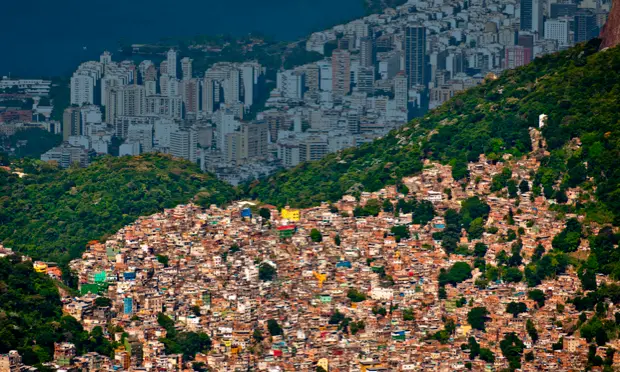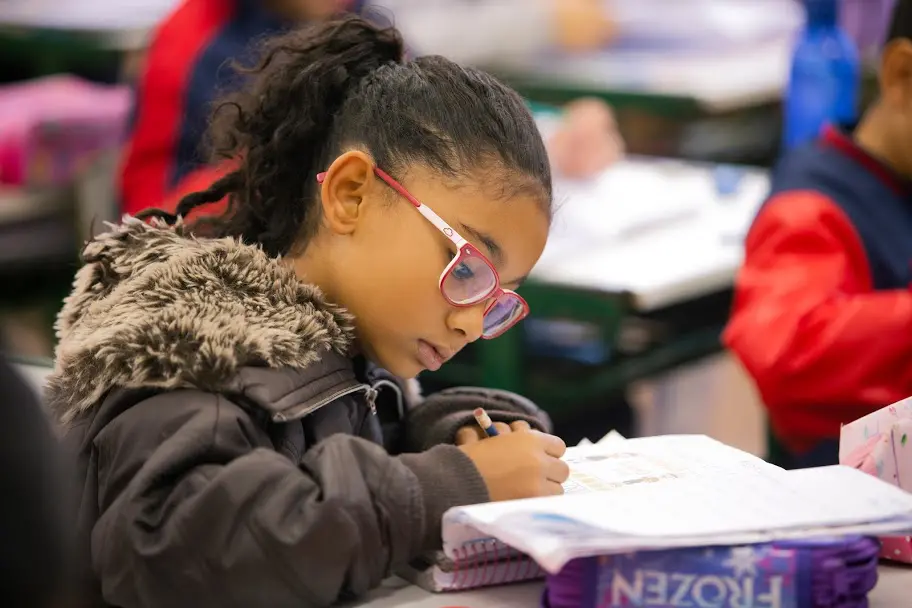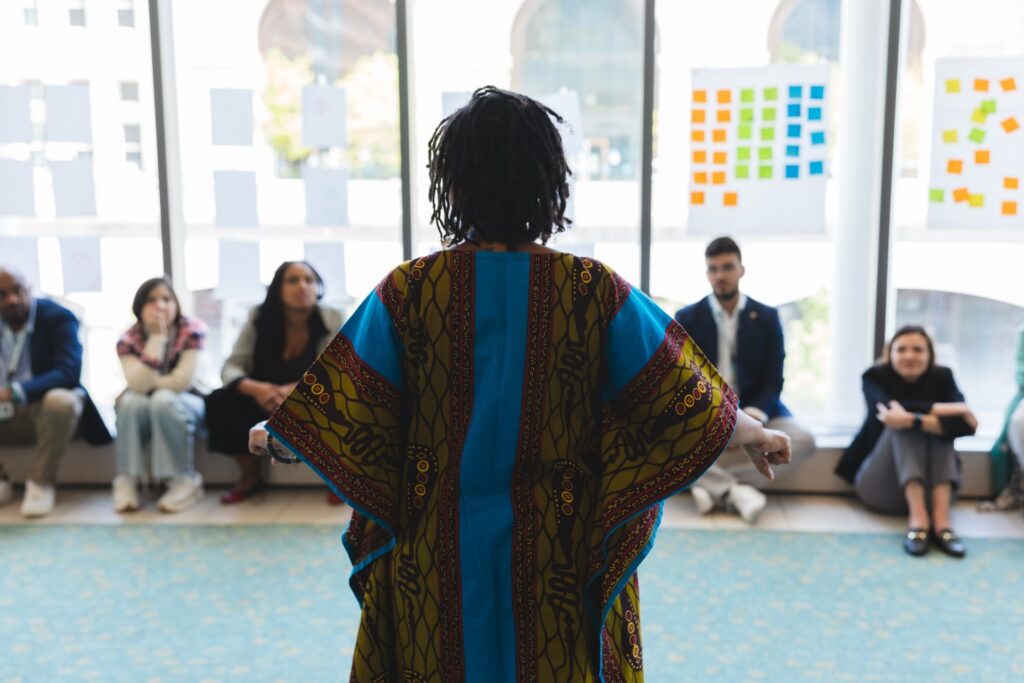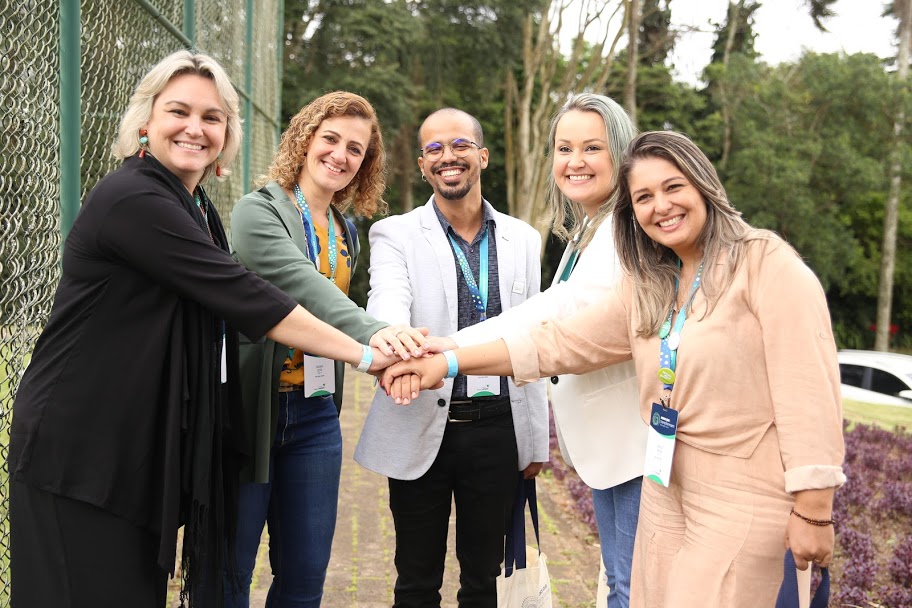Brazil is one of the world’s least equitable countries. While it ranks among the likes of China, Germany, and the United States in terms of wealth, it ranks alongside Central African Republic, Lesotho, and Zambia in terms of inequality. With the current generation of Brazilians on the brink of getting trapped in the cycle of inequality that has swallowed up so many generations before it, there has never been a better time to address this challenge head-on.
Breaking this cycle of inequality requires large-scale action on two fronts. One, we must rapidly address Brazil’s learning crisis. Two, we must equip Brazil’s leaders with the tools and opportunities they need to drive social change.
Brazil has a serious
learning crisis
Fully half of the nearly 50 million children who attend Brazilian public schools are still illiterate by third grade. Illiteracy rates are even higher among Afro-Brazilian and indigenous children, reaching 80 percent in Brazil’s most vulnerable communities. In total, only 10 percent of students finish middle school with the appropriate competencies, and only six percent of students in the public school system end up graduating high school.

Addressing the crisis is complicated by the incredibly uneven learning levels across the country. In some states, over 70 percent of students are learning what they should be. In others, the number is closer to 30 percent. Across the country, students attending public schools lag three years behind students attending private schools — a gap that has exponential effects since Brazil’s public education system enrolls 82 percent of the country’s students.
All these factors contribute to Brazil’s extensive “learning poverty,” a term the World Bank uses for the number of children who reach the age of 10 without being able to read. Learning poverty lies at the heart of broader economic poverty, and affects over 50 percent of children in low- and middle-income countries, compared to only nine percent of children in wealthy countries. The World Bank estimates that at its current rate of improvement it will take Brazil a staggering 260 years to reduce its learning poverty to the level seen in the average wealthy country.

Unleashing the power of a new generation of leaders in Brazil
The most effective way to address Brazil’s staggering inequality will draw on the power of Brazil’s most precious asset: its people. It is our people who innovate, our people who solve complex social problems, our people who make a more advanced, more equitable Brazil possible.

Unfortunately, pursuing a career in the public sector is simply not an attractive option for many people in Brazil. A paltry eight percent of Brazilians believe that those in leadership positions are the most competent people for the job. This cynicism has detrimental real-world effects since it prevents many talented Brazilians from joining public life. This issue is only exacerbated by the fact that Brazil ranks 105th on Transparency International’s Corruption Perceptions Index.
These doubts notwithstanding, most Brazilians still believe the public sector is one of the few places that can spur significant change nationwide. Nearly three-quarters of Brazilians agree that having well-prepared, highly-skilled individuals in influential public sector positions like directors of schools and social services can directly improve their lives.
Unleashing the power of both the current and rising generations of Brazil’s social and political leaders will require action on both the individual and systemic levels. Brazil’s young leaders are brimming with potential, but they often lack the knowledge, resources, and networks to generate significant nationwide impact.
To address these issues, the Lemann Foundation has set ambitious goals to bring about a more just and equitable Brazil. But we cannot achieve these objectives alone, which is why we work with numerousco-investment and collaborative philanthropy partners from both Brazil and abroad.

